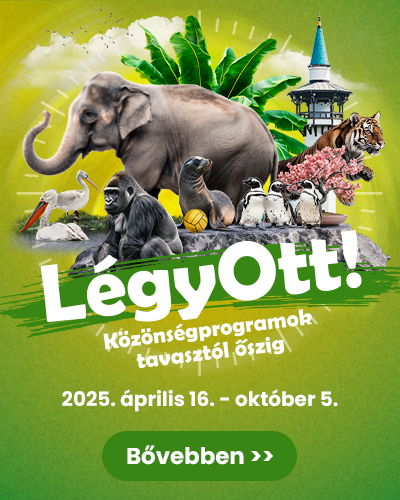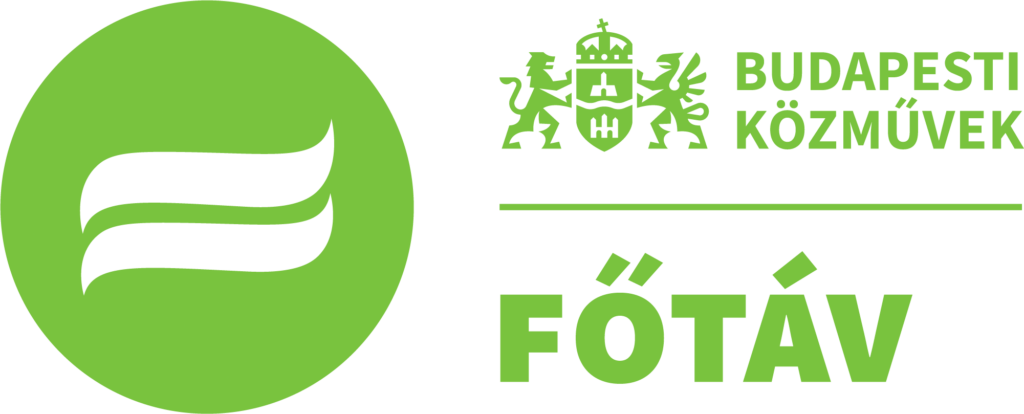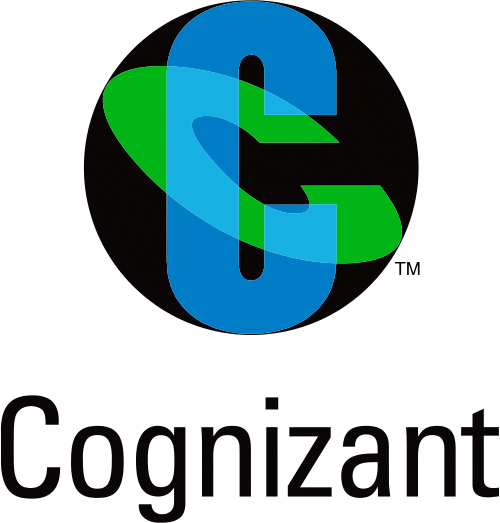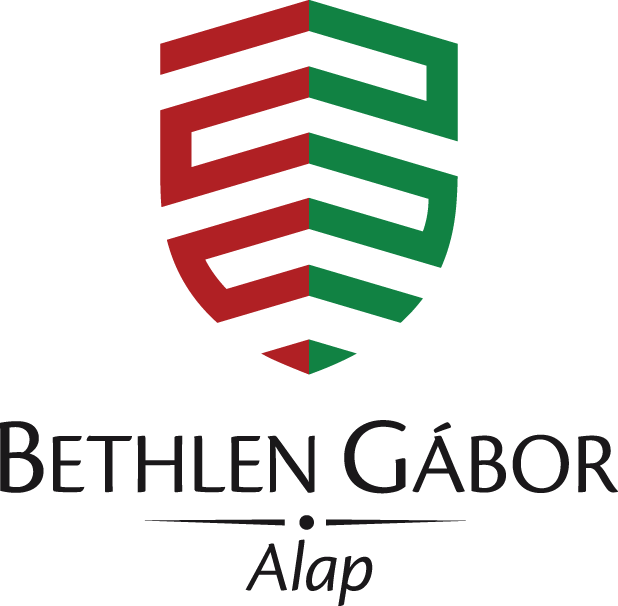hét kontinens élővilágát!
rendezik meg az Állatkertek éjszakáját.
hét kontinens élővilágát!
hét kontinens élővilágát!
hét kontinens élővilágát!
hét kontinens élővilágát!
rendezik meg az Állatkertek éjszakáját.
hét kontinens élővilágát!
hét kontinens élővilágát!
hét kontinens élővilágát!
rendezik meg az Állatkertek éjszakáját.
hét kontinens élővilágát!
hét kontinens élővilágát!
hét kontinens élővilágát!
hét kontinens élővilágát!
rendezik meg az Állatkertek éjszakáját.
hét kontinens élővilágát!
hét kontinens élővilágát!
hét kontinens élővilágát!
rendezik meg az Állatkertek éjszakáját.
hét kontinens élővilágát!
hét kontinens élővilágát!
hét kontinens élővilágát!
hét kontinens élővilágát!
rendezik meg az Állatkertek éjszakáját.
hét kontinens élővilágát!
hét kontinens élővilágát!

Szeretettel vár
a Fővárosi Állat- és
Növénykert
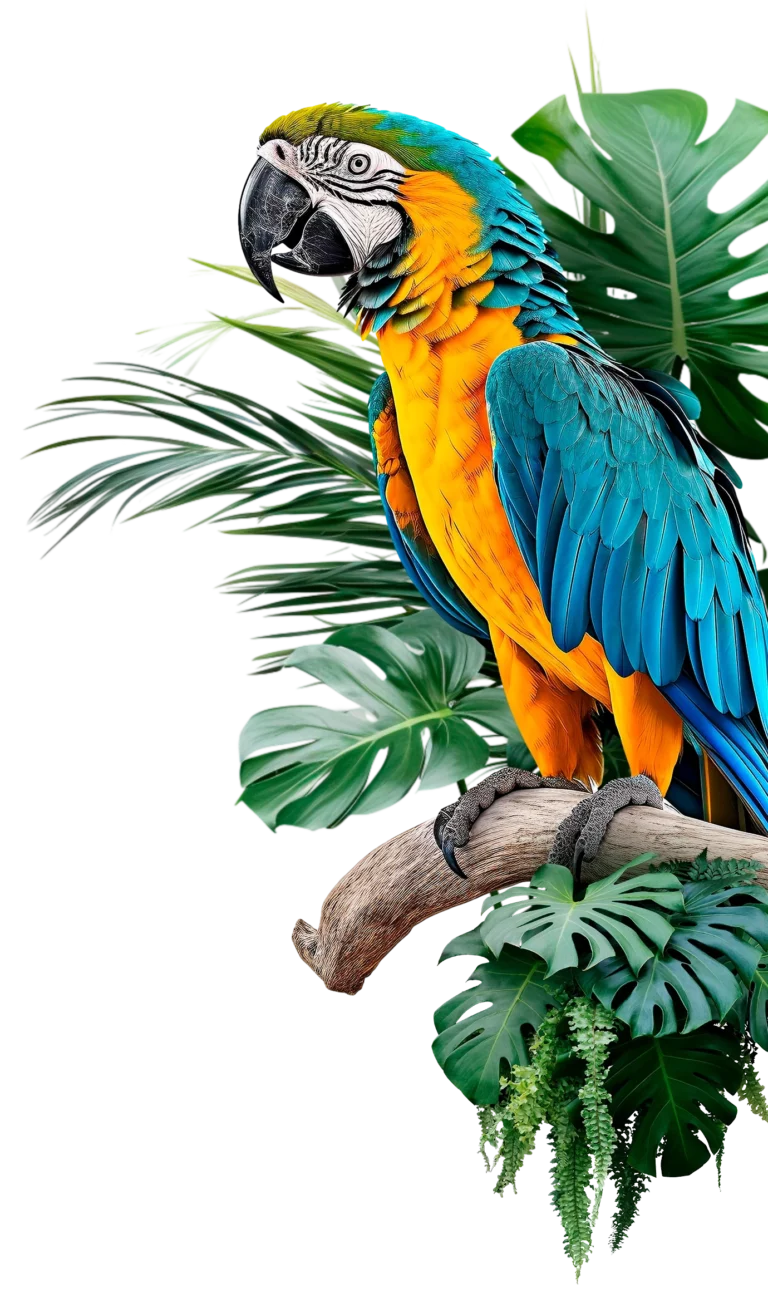
- Nyitvatartás
Hétfő - Péntek:
Szombat - Vasárnap:
- Jegyárak
Felnőtt jegy:
Gyermek/Szeniorjegy:
Az Állatkert házirendjét a látogatói szabályzatunkból ismerheted meg.
Számos kérdésre választ találsz a gyakran ismételt kérdések (GYIK) között.
Vásárold meg belépőjegyed online, sorban állás nélkül!
Kövess minket!
Aktualitások
Legyél jól értesült az állatkert életéről!
Bő egy hónap múlva lesz az ÉFOÉSZ-szel közös szervezében minden évben megrendezésre kerülő Sérült Gyermekek Napja, sorrendben immár a harmincharmadik. Az immár hagyományosnak számító rendezvény mellett azonban az Állatkert sokféle más módon is kiveszi a részét a társadalmi felelősségvállalásból.
Bő egy hónap múlva lesz az ÉFOÉSZ-szel közös szervezében minden évben megrendezésre kerülő Sérült Gyermekek Napja, sorrendben immár a harmincharmadik. Az immár hagyományosnak számító rendezvény mellett azonban az Állatkert sokféle más módon is kiveszi a részét a társadalmi felelősségvállalásból.
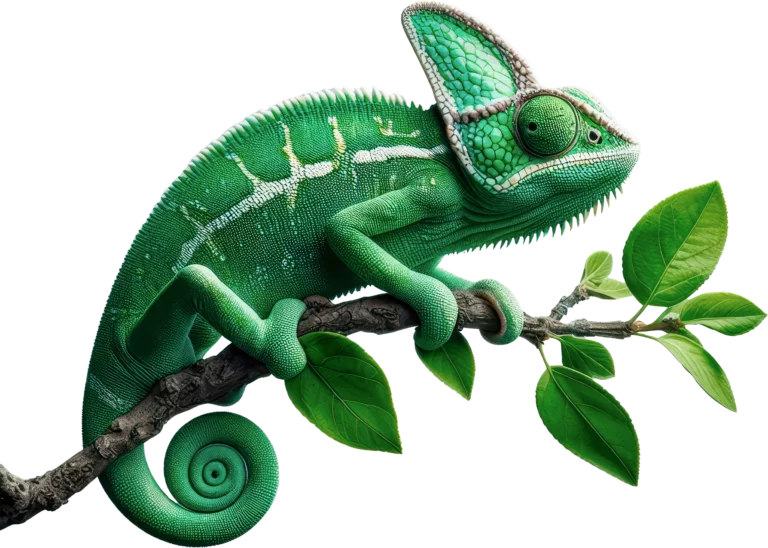
Programok
az Állatkertben
Augusztus 29-én tizennegyedik alkalommal rendezik meg az Állatkertek éjszakáját. A Magyar Állatkertek ás Akváriumok Szövetségének (MÁASZ) tagjai közül 11 állatkertben idén is különleges esti programokkal várják a látogatókat augusztus utolsó péntekén.
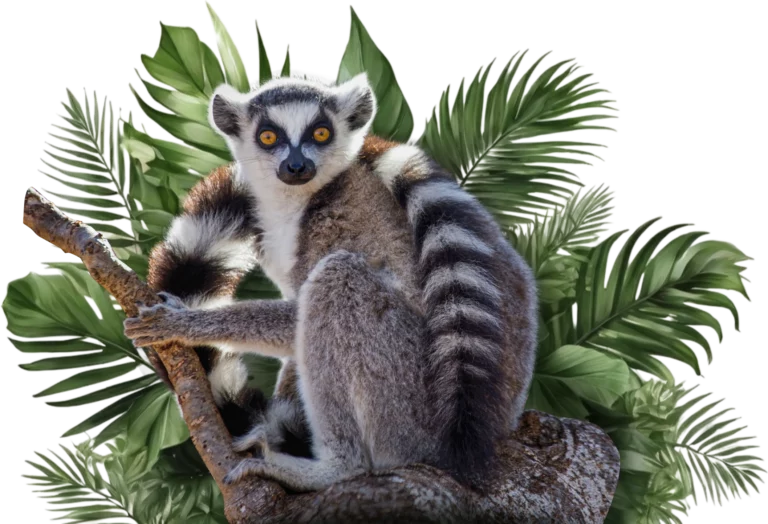
- Állatkerti térkép
A Fővárosi Állat- és Növénykert 11 hektáron terül el, számos állatház és kifutó található benne. Ahhoz, hogy könnyen megtaláld, amit keresel, használd az állatkerti térképet. Digitális felületen könnyen nagyíthatod, navigálhatsz benne, de le is tudod tölteni, így mindig nálad lehet.
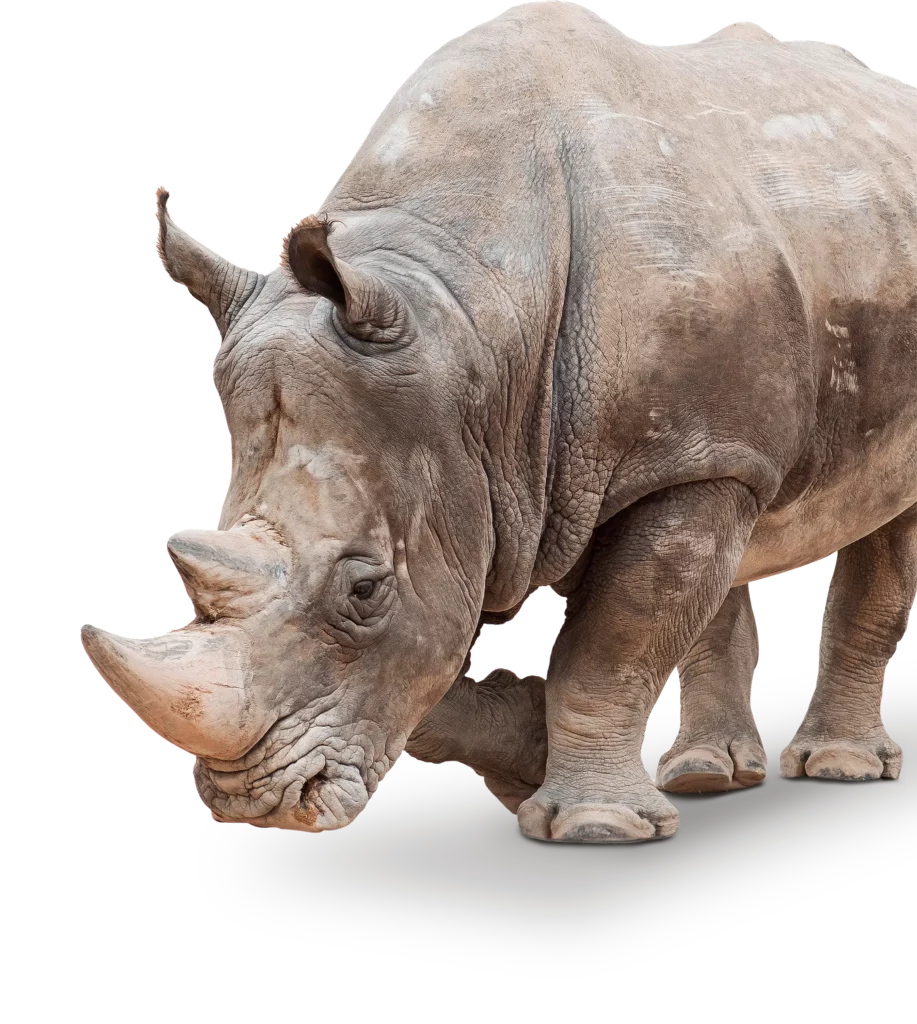
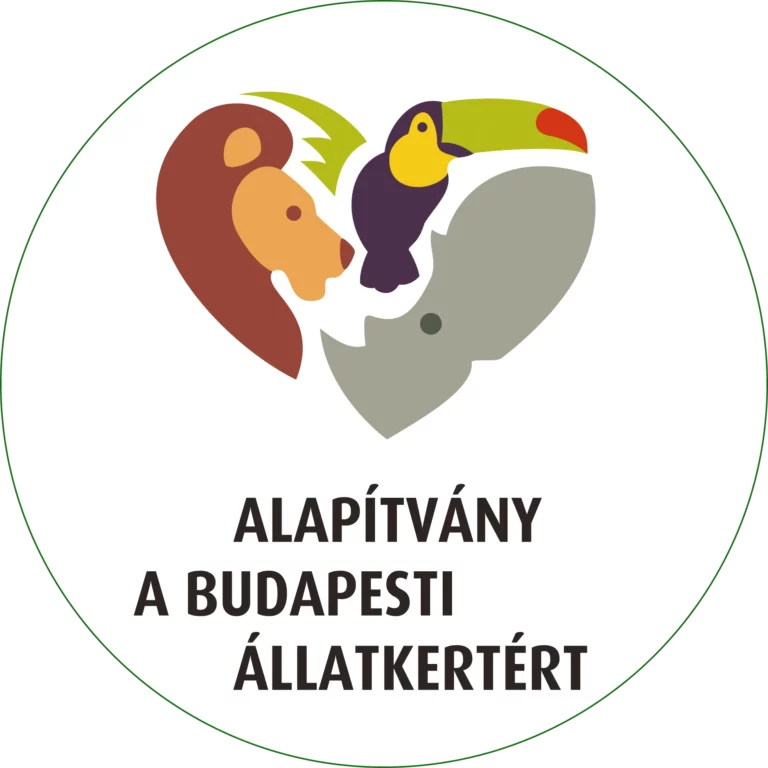
Legyél állatkerti nevelőszülő! Válaszd ki a kedvenc állatod, vagy növényed és fogadd örökbe! Immár több ezren tagjai a nevelőszülői közösségnek, és ezáltal olyan különleges esemény részesei is lehetnek, mint az Állatkerti Nevelőszülők Találkozója, ahol az örökbefogadott állat gondozójával beszélgethetnek a kedvencük hogylétéről, mindennapjairól.
A Magyar Madármentők Alapítványt a Budapesti Állatkert alapította 2009-ben. Évente több ezer vadon élő madarat, kisemlőst, hüllőt mentünk meg a biztos pusztulástól. Avarégetésben megperzselt sünik, fészekből kiesett madarak, elgázolt vagy mérgezett állatok egyaránt számíthatnak ránk.
Napjaink korszerű állatkertjei nemcsak szórakoztató látványosságok, hanem az élővilág megismerésének és védelmének kiemelkedően fontos műhelyei, és egyben a környezeti nevelés jelentős intézményei is. Ennek megfelelően a világ egyik vezető állatkertjének számító Fővárosi Állat- és Növénykertben is kiterjedt oktatási tevékenység folyik.
Készül a jövő!
Az Állatkert új területein megvalósuló fejlesztések közül a Pannon Park a legnagyobb szabású fejlesztési program. A közel 5 hektáros bemutató komplexum teljes egészében a megszüntetett Vidámparktól átvett területen jön létre. A Pannon Park tematikáját tekintve az egykori pannon ősvadon világát fogja felidézni, egyedülálló látogatói élményt kínáló, az állatkerti kiállítási technika élvonalát képviselő, innovatív és előremutatót építészeti, műszaki megoldásokkal.

